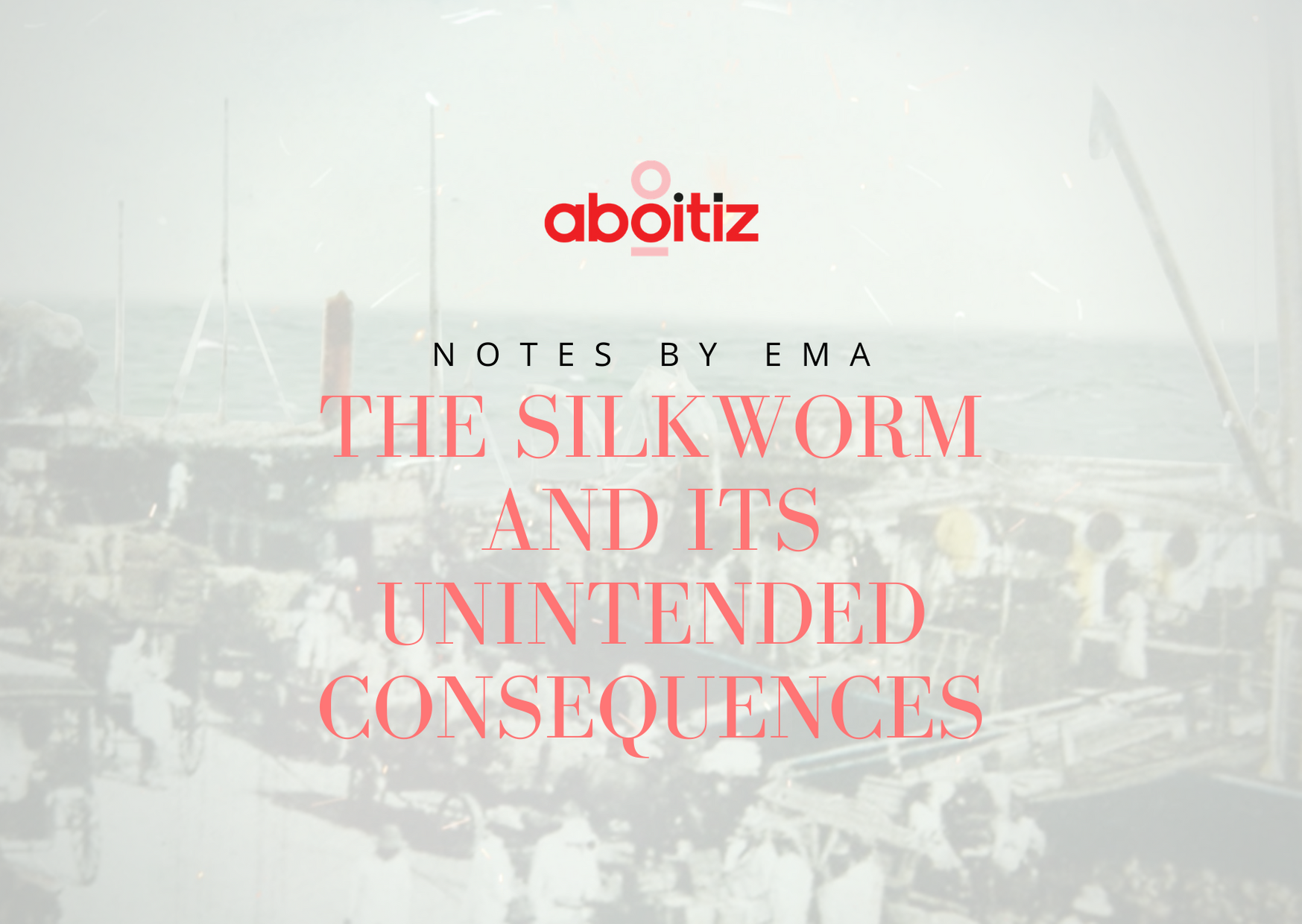I am about to write an accumulation of what I have read, what has been sent to me, my travels, discussions, and experience over many years. Is it accurate? Probably not! Is it directionally correct? I hope so. More importantly, I hope it gives you a perspective.
Five Hundred Years After Magellan Left Spain
Magellan, San Lucar, the Galleon Trade, Yrastorza, the Suez Canal, Aboitiz, and the Unintended Consequence of the Silk Worm, Gun Powder, and the Crusade

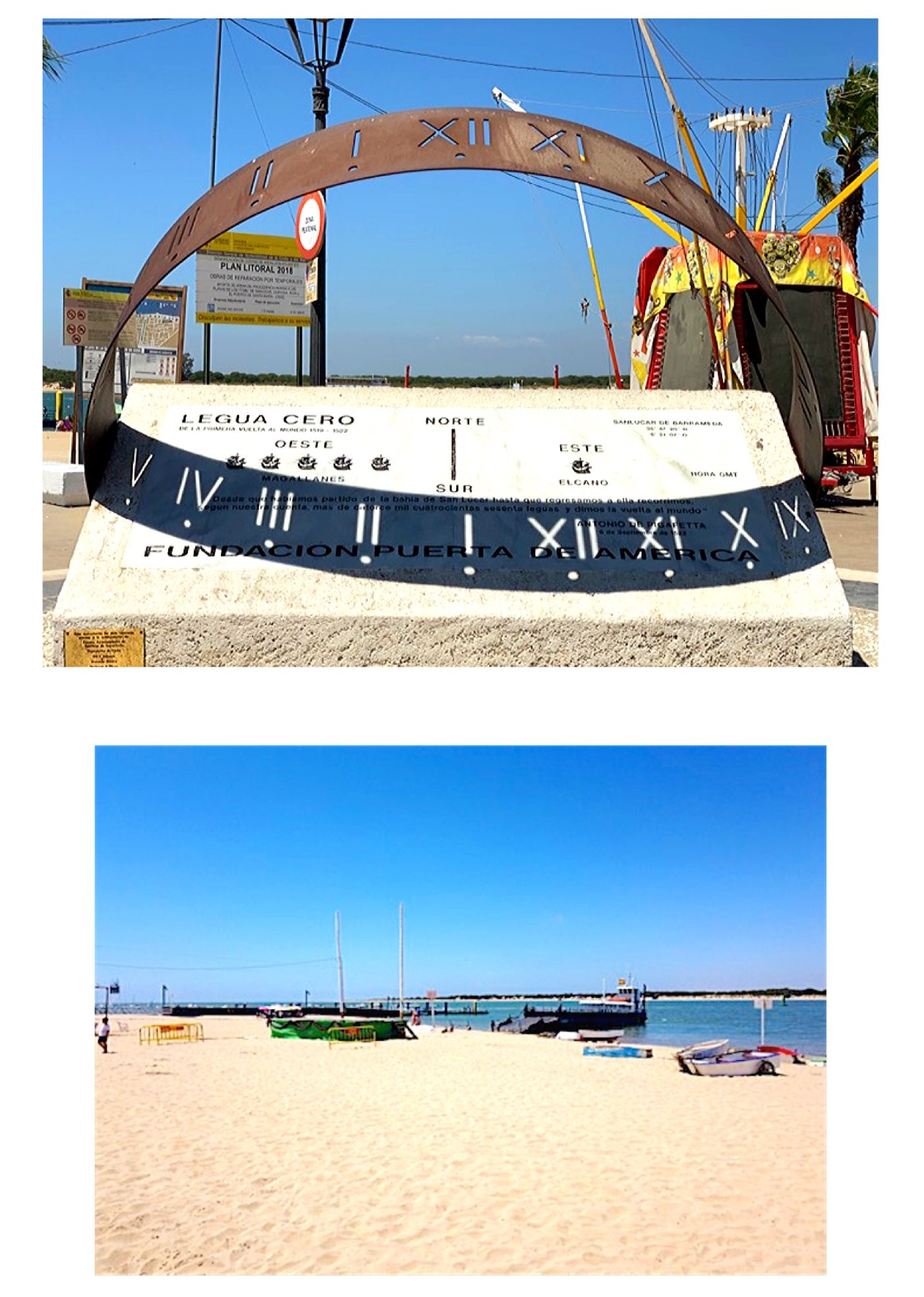
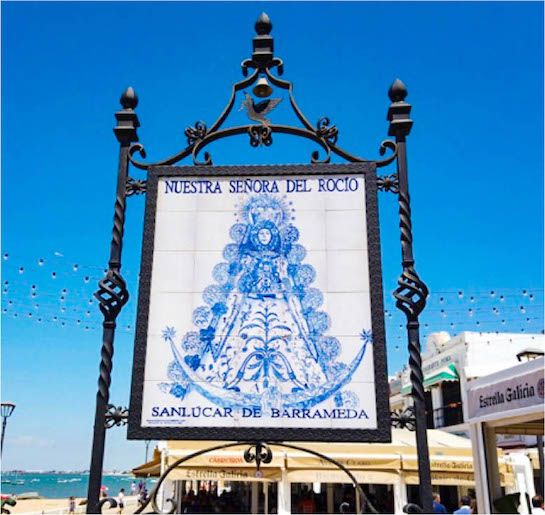
A persistent Portuguese finally convinced the Warrior Queen, Isabella de Castilla, to finance the second major multinational venture capitalist operation in the world — Ferdinand Magellan’s dreams. (The first was probably Christopher Columbus.) This decision changed our world, i.e. that of the Philippines Islands.
The discovery of the silkworm, its silk, and its unintended consequences may have very well started a whole new world. Here we will be brief, so we spend more time on Aboitiz at 100 and how this possibly came about.
Adventurous young “Marco Polos” of the world found the silk of the silkworm in China — until then Europeans lived in wool. That trade began and prospered. For some reason, other than the stories we have been told, the Pope and his cohorts decided to re-conquer Jerusalem from Islam. Their right reason was probably completely different from their real reasons. The former, about saving souls, and the real reason, as always, political and commercial, two twin sisters.
The silkworm trade brings another Chinese invention to the Islam world: gunpowder. The Muslims packed this powder into cannons blasting stone and then iron. They pushed back the Christians and took over the area. Their first move was to stop the trade between the West and the East. The elite (call them that) of the West turned to the only source of income, and that was the land — the feudal system began.
The elite consisted of the nobility and the Christian church — both were exempt of taxes, and they both took all they could from the system and left scraps for the poor. The Americas brought wealth and guano fertilizer — wealth that was stripped by the nobility and the Church to build their grandeur, witness of which we see physically today. That abuse ended violently with the French Revolution — liberté, égalité, fraternité — Karl Marx, Engels, the Russian Communist experiment, and that disaster that may have been necessary. However, maybe the most significant and most crucial unintended consequence was begun by Adolf Hitler. One can argue that Bretton Woods would not have happened without Adolf Hitler.
The American control of the Seven Seas and the opening up of the American markets fuelled the wealthy world of today where 250,000 people come out of poverty daily, where technology is enhancing lives and enriching minds and where medicine is lengthening lifespans just as it improves their quality. The possibility of a world without impoverished people is real, and it is close.
All these, in very simplistic terms, were the unintended consequences of a silkworm. Now, let’s not take it literally.
Trade had to continue so the Portuguese with Basque navigators began their adventure towards the East as they explored southward on the west side of Africa, across the horn towards India and the East.
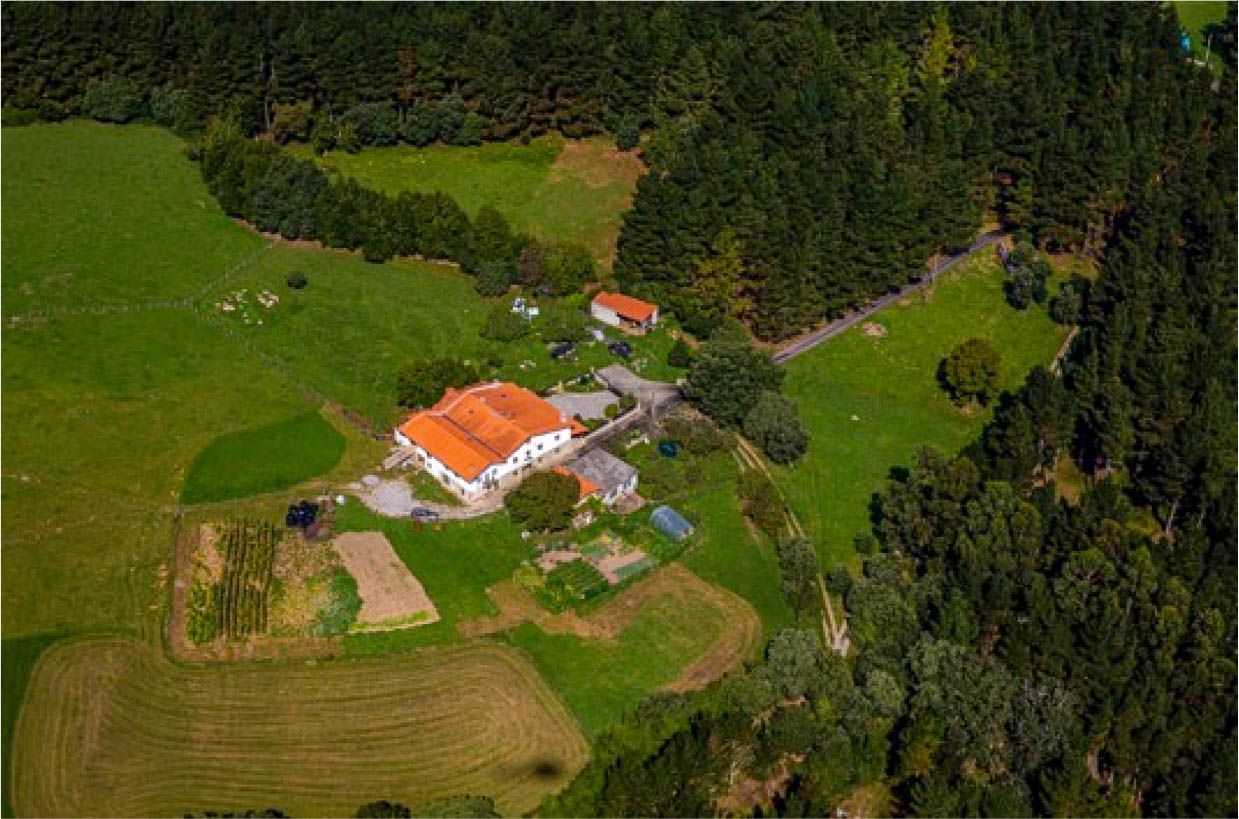
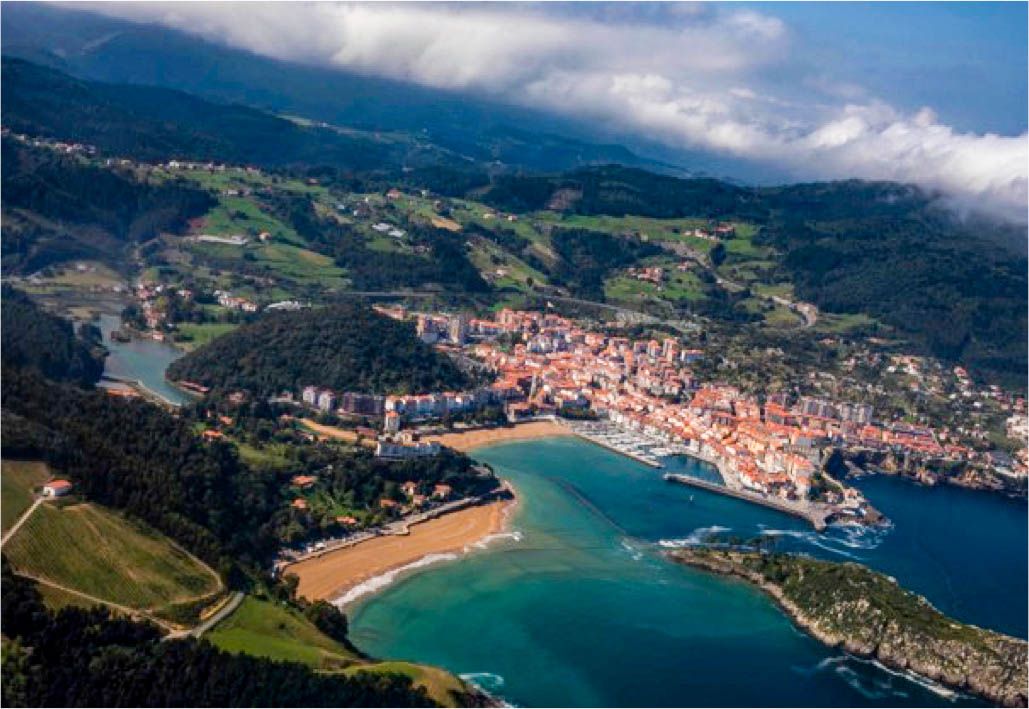
What matters to us is Ferdinand Magellan. He left from San Lucar de Barrameda in 1519, 500 years ago, which Spain celebrated in 2019. We will celebrate the 500 years in 2021 as that is what it took for Magellan to arrive in our dear Cebu.
In 1565, after Andres De Urdaneta discovered the return route to Mexico, (tornaviaje) the Galleon Trade began between China and Europe with Manila as the starting point on the Eastern side, Mexico the connecting land point, and Europe the destination or origin as you wish to look at it. In New Spain, the galleons were also known as the China Ship (La Nao de la China). They left Acapulco through the Marianas with a quicker wind and return via a northern route towards Japan, across to California, and back. Five hundred or so trips were made over a period of roughly 250 years. This trade ended in 1815 when the Mexican War of Independence broke out.
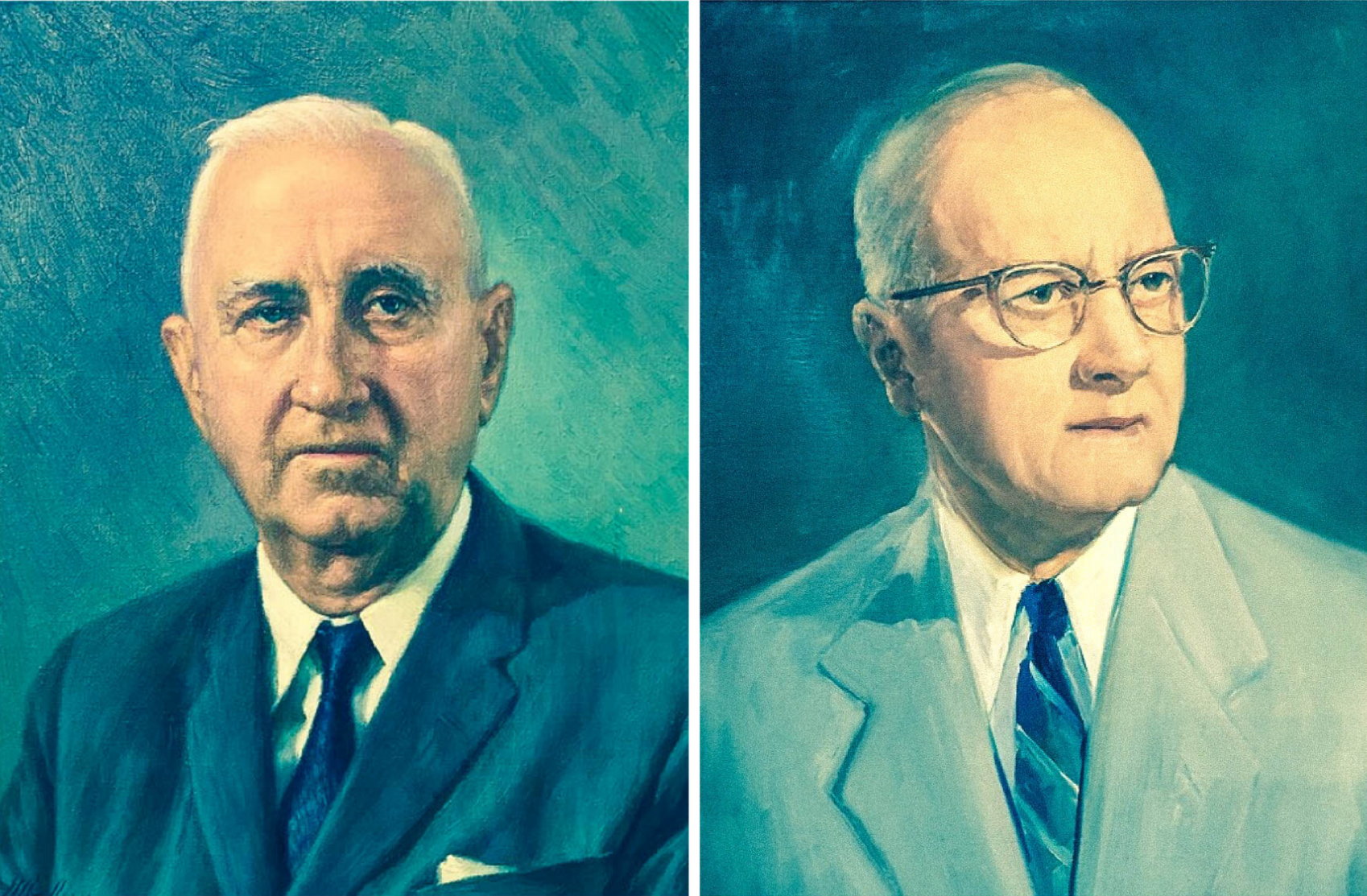
“Que dios bendiga los que me hagan perder el tiempo.” – Ramon Aboitiz
“Si tu mujer te pide que saltes de una ventana baja, busca una ventana baja porque vaz a saltar.” – Vidal Aboitiz
“Qualquier negocio menos casas de empeno, casas de muerte y casas de mujers generosas (edited).” – Ramon Aboitiz
Chinese silk and porcelain were shipped to Europe and Spanish silver from Potosi were shipped westward. The Spanish dollar called the piece of 8 (peso) because it was worth eight reales. It was legal tender in the United States until the 19th Century and on which the US dollar was based. It was the first world currency. The Chinese craved for it. Manila became the first Chinatown in the world as a result of this trade.
When the Borbon Kings took over Spain, the trade moved from San Lucar de Barrameda to Cadiz. From what we know, our great-great-grandfather (that of the Morazas and Aboitizes) was born on a galleon in the early 1800s, and very possibly, one of the last ones arriving in Manila. One of our cousins came to this conclusion from the research he did.
So the origin of our family in the Philippines is neither Aboitiz nor Moraza but Yrastorza. Gregorio Yrastorza was our great-great-grandfather who was most probably born on a galleon en route to Manila. The accuracy is not as material as the fact that our bloodline has been here for over 200 years. The initial capital for the Aboitiz enterprise was Yrastorza capital. Paulino Aboitiz married the boss’ daughter, so to speak, and used that capital with his hard work and entrepreneurial knowledge to start his enterprise. Basque captains have traditionally been CEOs of their ships as they began ventures to find whale oil and cod a very long time ago. This navigational skill and entrepreneurial talent they learned over thousands of years navigating with the Inuits to the Americas.
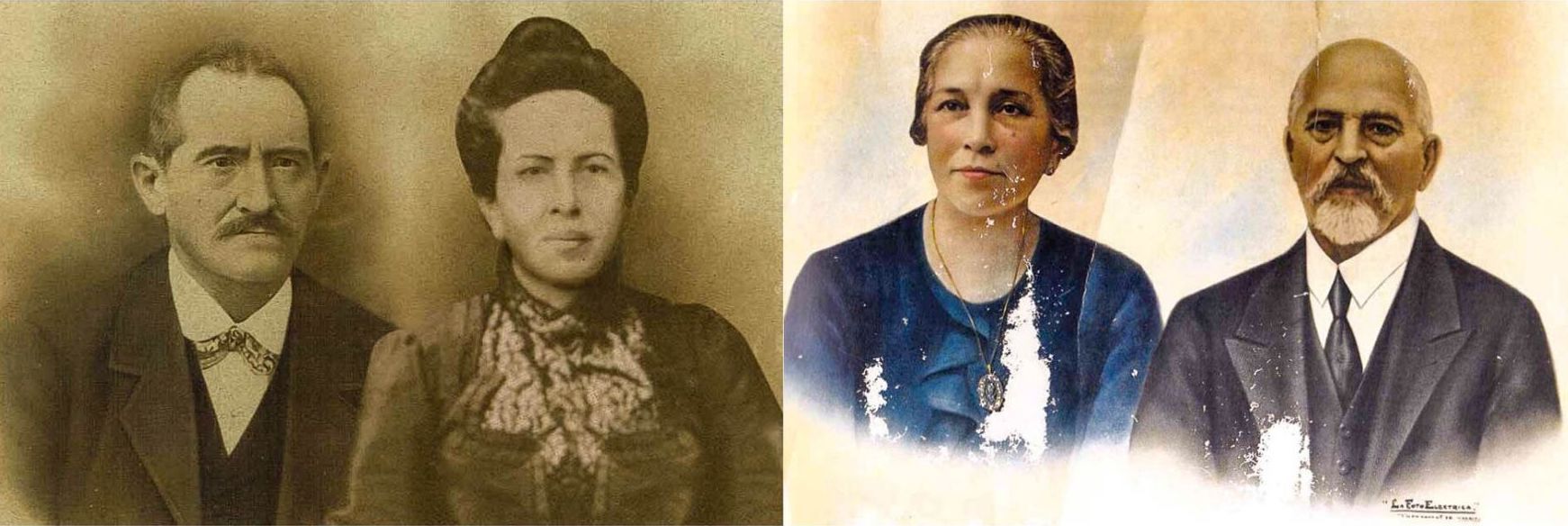
The Suez Canal opened in 1869 and that is how Paulino Aboitiz (Txanton) crossed to the Philippines around 1870, which means Aboitiz blood has been here for 150 years. His sons formed Aboitiz & Company in 1920 as a formal corporation. That, however, is structure, not history. The history is of an adventurous Basque called Yrastorza crossing on the galleon trade, another adventurous Basque mariner marrying his daughter to start building a new life and a business, five Aboitiz brothers building Aboitiz & Company, their children (now cousins) entering a more modern, open, American age, their great-grandchildren (now second cousins) making it through the industrial age and now turning it over to the fifth generation of Aboitizes and Morazas doing God only knows what with it in the information age. There have been trials, tribulations, wars, recessions, and challenges along with the 200-year history — as many as there will be over the next 200 years. We have been here longer than the Philippine government. We have been contributing to the development of the economy of our country for longer than almost anyone. 1929 must have been particularly instructive when Aboitiz & Company almost went bankrupt under a mountain of debt caused by betting the farm and losing before winning it all back out of pure tenacity.
“Nostros los vascos no somos duros de cabeza; es que siempre tenemos la razon.” – Augusto Aboitiz Baroja
What did they all have in common? Trust, education, pragmatism, meritocracy, lots of hard work (996), and they were Basque? And maybe a little accumulated wisdom along the way. Basque people are clannish, we stay together, we are loyal, we support each other, we work and play hard, we are Catholic, and we have been traders and entrepreneurs since we ventured towards the St. Lawrence river in the Americas in search of whale oil and bacalao thousands of years ago and way, way before Cristoforo Colombo and Amerigo Vespucci. We are among the oldest navigators in history.
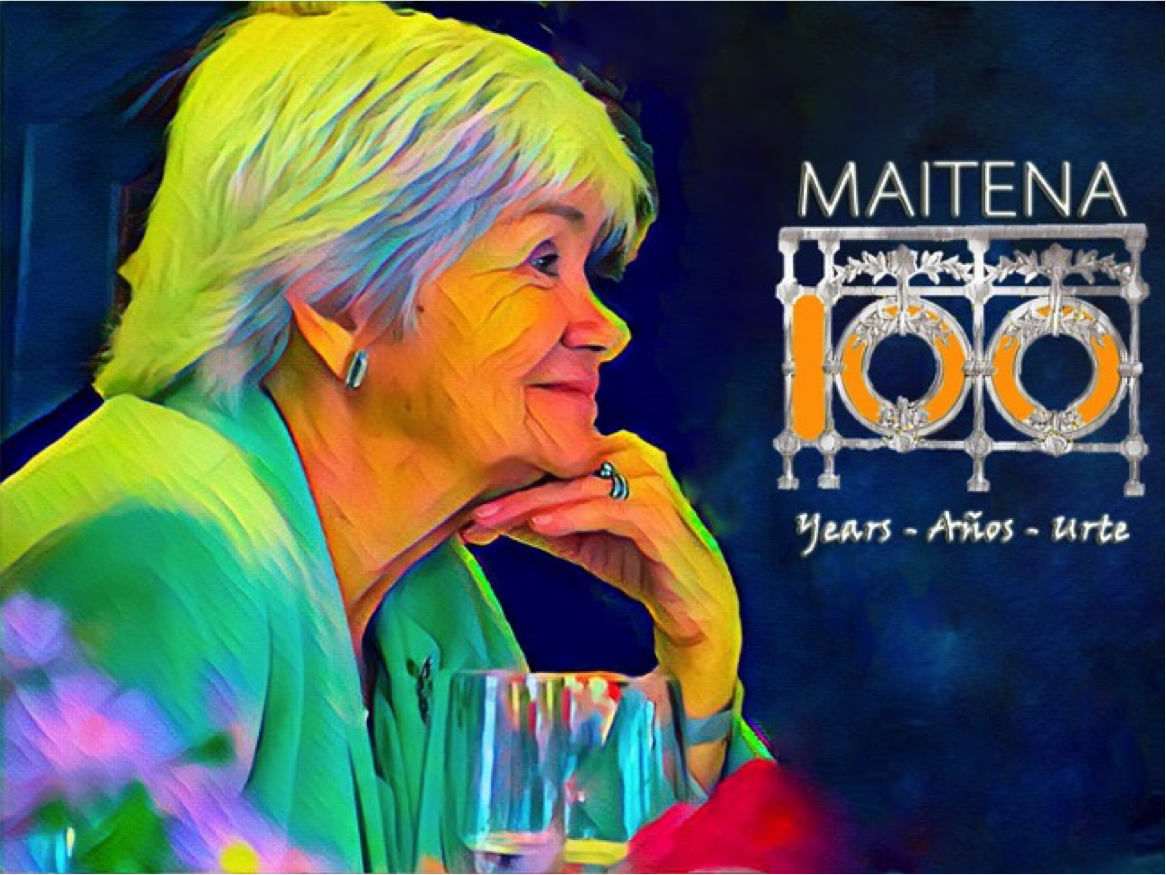
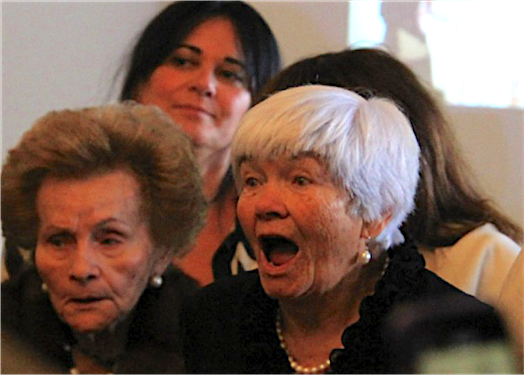
How did we sustain and thrive? What mattered? I summarize it as follows:
- Every generation took into account the interests of the next generation. We invested in the future and did not take it all.
- Institutions mattered to us — Family, Meritocracy, Hard Work, and Fun.
- We adapted to change just when we had to. Were we drivers of change? Maybe a little bit but, more pragmatically, our timing for change has always been relatively well chosen. Perhaps it is our pragmatism that managed that lever.
For the future, there is there, at the core, a need to re-invent the wheel or a need to oil the axles. This is the challenge: outside forces are pressing us to re-invent. Our pragmatism is being tested by the information age, social media, and access to so much of the world so quickly. We have and we will adapt to the two changes to our ROP (Republic of the Philippines)world.
Let me bounce off you these thoughts and this theory.
Our socio, economic, and political worlds are changing in these two ways, I argue.
- ROP is a culture that is Latin and Catholic. We lack a sense of urgency and we lack a sense of accountability. As such, we are a choo-choo train. We keep going forward but at a slow pace. This is changing. That choo-choo train is speeding up.
- Because of our geography and because we were the only westernized culture in Asia, we were isolated and insulated. Those walls are coming down.
Our enterprise, the Aboitiz family and firm, will have to face faster change, more competition, and unintended consequences coming in multiples. Our organization and our thinking have to adapt early to what we do not see are coming by being alert and watchful.
Hence, Attention & Engagement 24 x 60 x 60 : 996!
996 is Jack Ma’s creation, which I have adopted, to symbolize the work ethic required — working 9 am to 9 pm six days a week. Now it is a figure of speech as much as it is literal. It does not mean you should take care of your personal life and be at your desk 100 hours a week. I am sure you get his meaning.
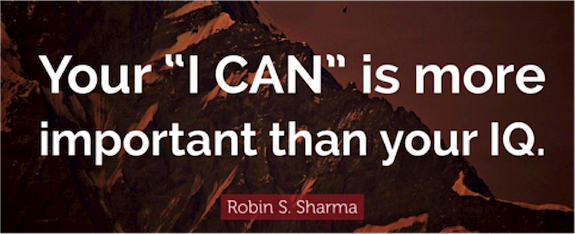
So now, 200 or so years later, slowly we start to pass our enterprise and its leadership to the next generation of Yrastorza Aboitiz Morazas so they can prepare to pass it on to their children entering the 22nd century.

